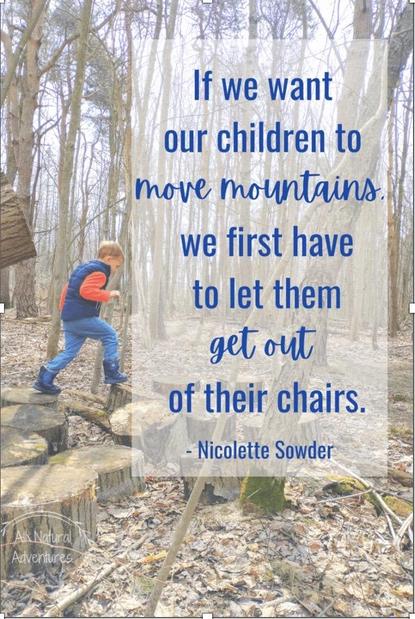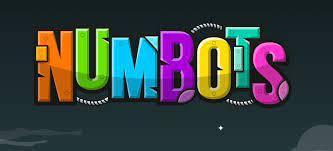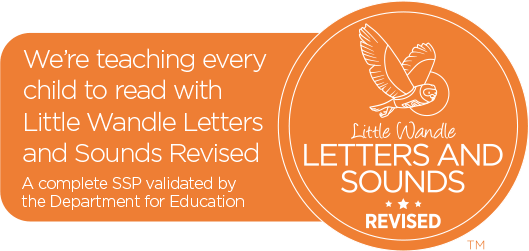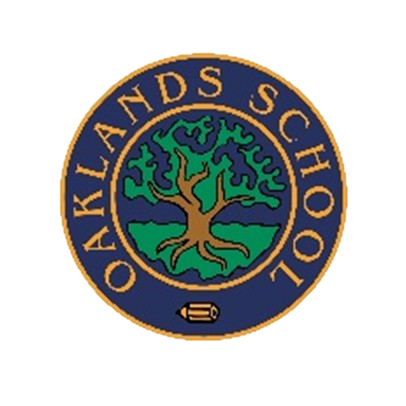Willow
'Meet the Teacher' Slides can be found at the bottom of this page.
Click here to track your read!
https://trackmyread.org/school/oaklands-primary-school-190921
Welcome to Year 1 - Willow
This page is where you can find out about our learning in Year 1, our projects and what we will be learning this term.
In year 1, we build upon our high quality early years principles and practice and continue to provide children with elements of independent, play-based learning. Our school experience and research tells us that young children learn best through play, exploration and hands on learning. We achieve this through our Mission Based Learning!
‘Play is absolutely essential to learning because it IS learning.’ Bottrill (2020)

Autumn Term 2025.
Our first Literacy Tree text is ‘Super Milly and the Super School Day’ By Stephanie Clarkson. The children will be learning several key skills including sequencing events, using phonics to write simple sentences, imagining their own superpowers, applying for the role of a Super Hero and finally, planning and creating their own Super Hero story.
In Phonics, we will begin by revisiting and consolidating Phase 3 sounds and tricky words. We will then revisit and consolidate Phase 4 including CCVC/CVCC/CCVCC/CCCVCwords. We will practise blending words in our heads to help improve fluency and reading pace. We then move on to Phase 5 in which we will learn some new digraphs (ay, ou, oy, ea ). We will also look at some longer words and words with endings such as ing/et/er. We will conclude Autumn 1 Phonics with our assessments which will be completed in exactly the same way as the children did during their time in Reception.
In Maths, from Monday-Thursday we will cover Place Value (within 10) and on Fridays, Shape. The key skills children will learn in the Place value block include: sorting and counting objects, recognising numbers as words, counting on and back, finding one more and one less, comparing groups and numbers and ordering objects and numbers. Key skills within the Shape block will include: recognising and naming 2D and 3D shapes, sorting 2D and 3D shapes and making patterns with 2D and 3D shapes.
Our overarching Topic this term is ‘Childhood’. In this project, your child will learn words and phrases related to the passage of time. They will explore artefacts to help them to understand childhood in the past and how childhood has changed over time. They will explore the six stages of life and explore timelines and family trees. Everyday life in the 1950s will be explored, including shopping, transport, family life and childhood. They will also learn about the significance of Queen Elizabeth II's coronation in 1953 by studying photographs and online sources. The children will use maps to explore how places have changed over time and highlight any similarities or differences between childhood today and childhood in the 1950s.
In Science, our topic is called ‘Everyday Materials’. Your child will learn that materials are what objects are made from. They will observe and identify objects made from different materials in places familiar to them, such as their home and school. They will name and use their senses to explore a range of natural materials using hand lenses and digital microscopes, learning that natural materials come from the world around us, including the ground, plants and animals. They will name and use their senses to explore a range of objects made from human-made materials, learning that they are new materials made by people from natural materials. They will write scientific questions about a chosen object made from a human-made material, its features and its use in the object, revisiting their questions during the project to see if they can identify the answers as their knowledge builds over time. They will compare a range of objects made from different materials, putting them into groups according to their similarities and differences and explaining their groups. They will identify the properties of a range of materials, learning that materials can be described by their properties and that a property is a quality material that makes it suitable for a particular use. They will follow instructions and conduct various tests to determine different materials' properties. They will complete Venn diagrams, sorting objects according to the properties of their materials. They will complete their learning by investigating materials to determine which have suitable properties to make bunting, which will be used to decorate the school grounds.
In Art, our topic is called ‘Let’s Mix’ The children will be taught about basic colour theory by studying the colour wheel and colour mixing. It includes an exploration of primary and secondary colours and how artists use colour in their artwork.
In R.E., we will be learning about how Christians celebrate Harvest. This will include making and enjoying an apple crumble. We are aware of some medical needs and allergies/intolerances within the class but please do come and speak to us if you have any concerns or want to run through our cookery/preparation procedures. We will be learning that Christians have a Holy Book called the Bible. From this, we will hear the Creation Story as well as the Feeding of the Five Thousand.
In PE, we will be exploring and developing ball skills, such as rolling, throwing, catching and dribbling with both hands and feet. In our Fundamentals unit, the children will focus their skills on balancing, running, changing direction, jumping, hopping and skipping.
In Computing, we will be using a programme called Purple Mash and, to begin with, the children will be learning:
- To log in to Purple Mash.
- To know how to start, save and complete 2Dos.
- To open a program from the Tools area.
- To save work.
- To find work in the Work area.
Once the children have had time in school exploring this programme, we will be sending home user logins and passwords.
*Please note that before every lesson we will remind the children on E-Safety.
In Music, the children will be participating in a variety of activities, exploring compositions, identifying pulse, tempo and dynamics.
Reminders
- PE is on a Thursday and a Friday. Please ensure your child comes to school in their PE kit on these days.
- Guided and individual reading will take place throughout the week, so please send in reading books every day.
- Reading books and library books will be changed weekly - usually on a Friday.
Homework
Daily:
-
Read for pleasure! This can include familiar or favourite stories, bedtime books, new fiction or non-fiction texts, poems, recipes, comics, letters, websites, or visits to the local library.
-
As often as possible, please read your child’s Little Wandle phonics book together.
Optional Topic Homework:
-
Two pieces per half-term.
Autumn 1 Optional Homework:
Subject: History Topic: Childhood
-
Special Item: Bring in a photograph or object that represents an important life event (e.g. a special birthday, christening, family celebration, or personal achievement). Before bringing it in, please talk together about why it is important. Encourage your child to think about when the event happened and to describe it using time-related words and phrases. Please ensure items are named. They will be kept in a safe place. We will send them home once your child has had the opportunity to share their item with the class. Please bring it in before the last day of this half-term (Friday 24th October).
-
Family Tree
The children will be learning that a family tree is a diagram showing how different generations are connected. Create a family tree in a style that suits you – this could be photos (printed or stuck on), drawings of family members, or even a digital design. This can be completed and brought into school now, or can be completed over the October half-term break and brought in during the first week back.
Phonics - Autumn 1
Week 1: Revision of the sounds:
ai, ee, igh, oa, oo, oo, ar, or, ur, er, ear, air, ow, oi, nk
Revision of CVC/CVCC words (with digraphs and trigraphs) as well as some word endings including:
right, beard, down, cool, surf, coins, tails, sighing, zooming, foxes, mixes.
Revision of these tricky words:
no, go, my, by, to, into, out, the
Week 2: Revision of the sounds:
All of Week 1 sounds (above) as well as: ng, ch, qu, sh, th, zz, ss, ck
Revision of word endings:
er (letter), s /z/ (hairs), es /iz/ (misses)
Revision of words with two or more digraphs e.g.:
arch, shower, morning, chain, tooth, sharp, feeling, farmyard.
Revision of these tricky words:
what, when, he, we, me, be, she, have, love
Week 3: Revision of the sounds:
oo/oo, ai, igh, ear, th, ch
Revision of CCVCC/CVCC/CCVC/CCCVCC words:
frost, squelch, stand/thinks/shrink, thrash/springs, scrubs
Revision of longer works and 'Chunking up' a word to read it:
chimpanzee (chim-pan-zee), starlight, treetop, freshness, starfish, windmill, driftwood
Revision of these tricky words:
they, was, some, come, were, there, pure, sure
Week 4: New Sounds (Phase 5):
ay (e.g. crayon, play, spray);
ou (e.g. cloud, sound, around);
oy (e.g. annoy, enjoy, destroy) and
ea (e.g. peach, speak, least).
Revision of the Tricky words:
said, says, like, little, you, do, push, pull, put, full
Contact
If there is anything you need to ask or find out more about, please email the school office (admin@oaklands.herts.sch.uk) to arrange a time to chat with a member of the team.
Mrs Andreas and Mrs Bell


